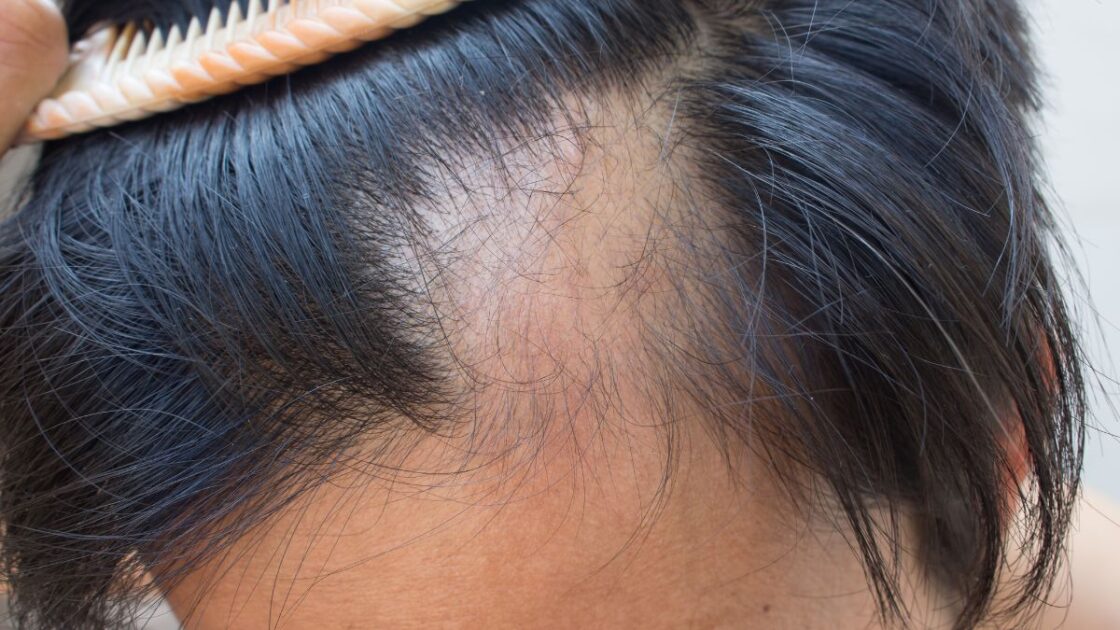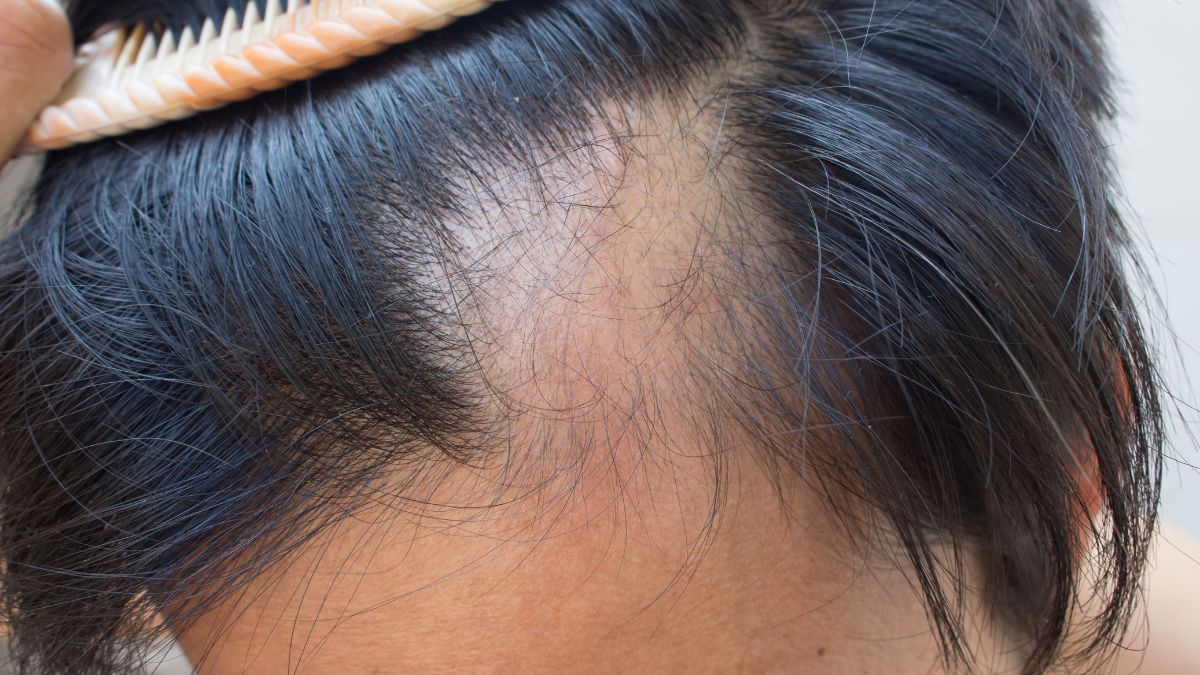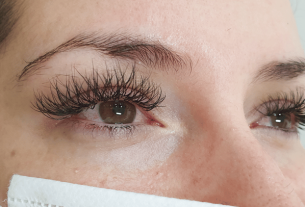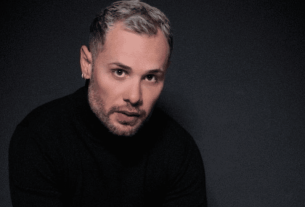In this article, you will discover the secret to stopping hair loss and avoiding baldness. We’ll cover everything you need to know about this topic, from the causes and signs of hair loss to the different treatments available.
If you are concerned about hair loss and want to find out how to deal with this problem, read on.
See Also: The 6 best shampoos for hair loss

What is baldness?
When hair loss becomes more pronounced and results in bald patches on the scalp, it is called baldness. Baldness, also known as alopecia, is a hair condition that affects both men and women.
As we age, it is common for hair to begin to become thinner and more fragile, leading to excessive hair loss. However, in more severe cases, baldness can result in completely bald areas, causing concern and impacting self-esteem.
There are several factors that can contribute to the development of baldness, such as genetic predisposition, hormonal imbalances, stress and underlying medical conditions. To combat baldness, there are treatment options available, from topical and oral medications to surgical treatments such as hair transplantation.
It is important to consult a dermatologist to obtain an accurate diagnosis and define the best plan of action to deal with baldness. Additionally, adopting a proper hair care routine and maintaining healthy habits can also help minimize the effects of baldness and keep your hair healthy.
See Also: The 5 best treatments for hair loss
Causes of hair loss
There are several possible causes of hair loss, including:
- Genetics: Genetic predisposition is one of the main causes of hair loss, especially male pattern baldness.
- Hormones: Hormonal changes, such as those that occur during pregnancy or menopause, can lead to temporary hair loss.
- Aging: As we age, our hair follicles can shrink and produce thinner, more brittle strands.
- Stress: Excessive stress can trigger hair loss in some people.
- Medical conditions: Certain medical conditions, such as alopecia areata, thyroid disease, and scalp infections, can cause hair loss.
See Also: 6 main causes of hair loss
Risk factors for hair loss
Some factors increase your risk of developing hair loss, including:
- Family history: If someone in your family has hair loss problems, you may have a greater genetic predisposition.
- Gender: Male pattern baldness is more common than female pattern baldness.
- Age: Hair loss increases as we age.
- Stress: Chronic stress can trigger hair loss.
- Lifestyle: A diet low in essential nutrients and harmful habits such as smoking can contribute to hair loss.
See Also: Female hair loss: main causes, treatments and how to avoid it
Signs and symptoms of hair loss
The signs and symptoms of hair loss can vary, but some of the most common include:
- Gradual loss of hair on the top of the head (male pattern baldness)
- Hair thinning in women (female pattern baldness)
- Excessive hair loss during brushing or bathing
- Appearance of thinner or more brittle hair
- Bald patches on the scalp
See Also: Anti-Hair Loss: 5 ways to stop hair from falling out
Diagnosis of hair loss
If you are experiencing hair loss issues, it is important to see a healthcare professional to get a proper diagnosis.
Your doctor may examine your hair and scalp, ask about your medical and family history, and order additional tests if necessary to determine the cause of your hair loss.
See Also: Homemade aloe vera and coconut milk recipe to combat hair loss
Hair loss prevention
Although not all forms of hair loss can be prevented, there are steps you can take to stop hair loss, keep your hair healthy, and minimize your risk of baldness. Some prevention tips include:
- Maintain a balanced diet rich in nutrients essential for hair health.
- Avoid aggressive hairstyles that can cause excessive tension on your hair.
- Treat your hair gently when combing and brushing, avoiding pulling and excessive traction.
- Avoid frequent use of heat tools, such as straighteners and dryers.
- Manage stress through relaxation techniques such as yoga or meditation.
See Also: Homemade Rosemary Shampoo with Cinnamon and Cloves: Combats Hair Loss and Stimulates Hair Growth
Medical treatments for hair loss
There are several medical treatments available to help stop hair loss, including:
- Topical medications: Minoxidil and finasteride are commonly used medications to stimulate hair growth.
- laser therapy: Low-level laser therapy can help stimulate hair growth.
- Corticosteroid injections: In cases of alopecia areata, corticosteroid injections can help promote hair growth.
See Also: The 10 Best Shampoos for Hair Loss
Natural remedies to stop hair loss
In addition to medical treatments, there are some natural remedies that can help reduce hair loss, such as:
- coconut oil: Massaging your scalp with coconut oil can help strengthen your strands and stimulate hair growth.
- Aloe vera: Aloe vera gel has moisturizing properties and can help promote hair growth.
- Green Tea: Topical application of green tea can help reduce hair loss and stimulate hair growth.
See Also: Homemade shampoo to combat hair loss and accelerate hair growth
Surgical treatments for hair loss
In more advanced cases of baldness, surgical treatments may be considered. Some of the most common procedures include:
- hair transplant: During a hair transplant, healthy hair follicles are transferred to bald areas of the scalp.
- Scalp reduction: In this procedure, the scalp is stretched or removed to reduce the bald area.
See Also: Learn how to avoid dandruff and hair loss
Diet and lifestyle to prevent hair loss
A balanced diet and a healthy lifestyle can play an important role in hair health. Foods rich in proteins, vitamins A, C, D and E, zinc and iron are especially beneficial for hair growth and health.
Products and supplements to treat hair loss
There are several products and supplements available on the market that claim to help treat hair loss. Some of them contain ingredients such as biotin, vitamin B12, collagen and minoxidil. It is important to research and consult a healthcare professional before starting any supplementation.
Tips for taking care of your hair and preventing hair loss
- Wash your hair regularly with products suitable for your hair type.
- Avoid excessive use of chemical products, such as dyes and straighteners.
- Use a suitable conditioner to keep your hair hydrated.
- Avoid excessive heat when blow-drying your hair or using styling tools.
- Protect your hair from damage caused by UV rays by using a hat or hair sunscreen.
See Also: Pay attention to shampoo and reduce hair loss
Baldness can have a significant impact on a person’s self-esteem and self-confidence. It’s important to address the emotions associated with baldness and seek emotional support if needed.
Having open conversations with loved ones, considering therapy options, or joining support groups can help you cope with baldness emotionally.
Myths and truths about hair loss
There are many myths and incorrect information about hair loss. It’s important to separate fact from fiction to make informed decisions about hair loss treatment. Some common myths include:
- Washing your hair frequently causes hair loss: This is not true. Washing your hair regularly with appropriate products is important to keep your scalp healthy.
- Wearing a hat causes hair loss: There is no scientific evidence to prove this statement.
- Shaving your hair makes it grow thicker: Shaving your hair does not change the thickness or texture of your hair.
See Also: How to avoid Frizz and hair loss in winter
Frequently Asked Questions About Hair Loss and Baldness
1. What is the most common cause of hair loss?
The most common cause of hair loss is genetic predisposition, especially in male pattern baldness.
2. Are there effective treatments for hair loss?
Yes, there are several effective treatments for hair loss, including topical medications, laser therapy, and hair transplantation.
3. Can hair loss be reversed?
In some cases, hair loss can be successfully reversed or treated, especially when the underlying cause is identified and treated appropriately.
4. Is there anything I can do to prevent hair loss?
Although not all forms of hair loss can be prevented, you can adopt a healthy diet, avoid physical damage to your hair, and reduce stress to minimize the risk of excessive hair loss.
5. Does baldness only affect men?
No, although it is more common in men, baldness can also affect women.
See too; 7 tips to stop hair loss
Conclusion
Hair loss and baldness are common problems that can cause concern and affect people’s self-esteem. However, there are many treatments and preventive measures available to help deal with this problem.
If you are experiencing hair loss, it is important to see a healthcare professional to get a proper diagnosis and discuss treatment options. Remember to adopt a healthy lifestyle, take care of your hair and maintain a positive attitude when dealing with baldness.
Follow our publications on Google News.

Sign up for our newsletter and stay up to date with exclusive news
that can transform your routine!
Warning: Undefined array key "title" in /home/storelat/public_html/wp-content/plugins/link-whisper-premium/templates/frontend/related-posts.php on line 12
Warning: Undefined array key "title_tag" in /home/storelat/public_html/wp-content/plugins/link-whisper-premium/templates/frontend/related-posts.php on line 13




